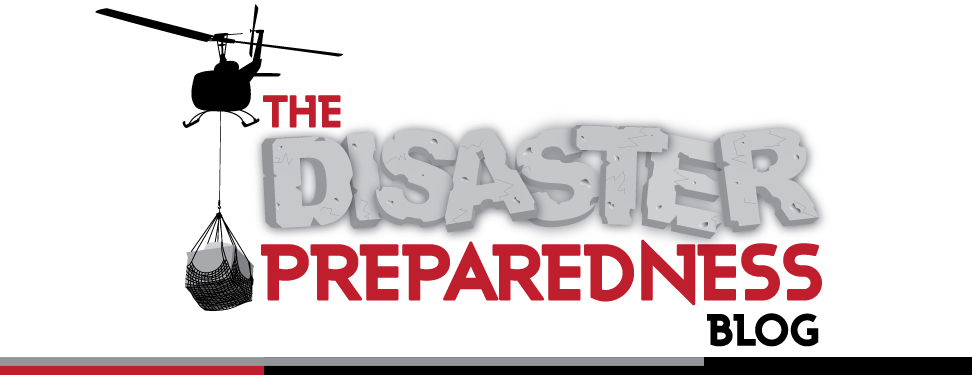China's Cyber warfare Capabilities Highlighted in Report to Congressional Commission
 Thursday, October 22, 2009 at 8:13PM | |
Thursday, October 22, 2009 at 8:13PM | |  Email Article
Email Article The U.S.-China Economic and Security Review Commission report which was produced under contract by Northrop Grumman's Information Systems Sector highlights the Cyber warfare capabilities of China.
The report also includes basic information on China's capabilities to conduct other Unconventional Warfare such as EMP (Electromagnetic Pulse) attacks, using kinetic energy weapons against satellites, and its use of Laser dazzling to disable U.S. satellites.
Though the report focuses largely on China's cyber warfare capabilities, it does make the point of how the country plans to use the other means mentioned to dominate information warfare arena.
The report also mentions the collaboration between China's military and the private black-hat hacker community. This is not the first time this relationship has been written about as other reports have made mention of this relationship, and have spoken about how the Chinese hacking community feels that it is their duty to help wage this unconditional warfare.
According to the report here are some of the actual attacks through cyber warfare that have been conducted in recent years:
- In May 1998, anti-Chinese riots in Indonesia sparked a series of Chinese hacker attacks on multiple Indonesian Websites.
- Following the accidental bombing of the PRC embassy in Serbia in May 1999,
Chinese hackers mounted their first large scale attack on the White House led
by the group Javaphile according to one of its founding members, who uses
the “screen name” CoolSwallow.- The 1999 comments by then Taiwan President Lee Teng-hui that Taiwan
deserved to be treated as an equal state by the PRC catalyzed massive PRC
hacker attacks on the Taiwan National Assembly, Presidential Executive Office
and many additional government Websites, according to Western press
reports of the exchange.- In May 2001, the Honker Union of China claimed that it had attacked over
1,000 US Websites—approximately the same number that US hackers
claimed they attacked in the PRC—following the collision between a US EP-3
surveillance aircraft and a Chinese fighter.- In 2001, following a large scale denial of service attack against the White
House, the People’s Daily, the official newspaper of the Communist Party,
issued an editorial in its online edition that decried the Chinese attacks as
“Web terrorism,” and said that the attacks by the Honker Union of China on US
Websites were “unforgivable acts violating the law," effectively withdrawing
Beijing’s tacit and explicit support from the hacker groups’ campaigns.







